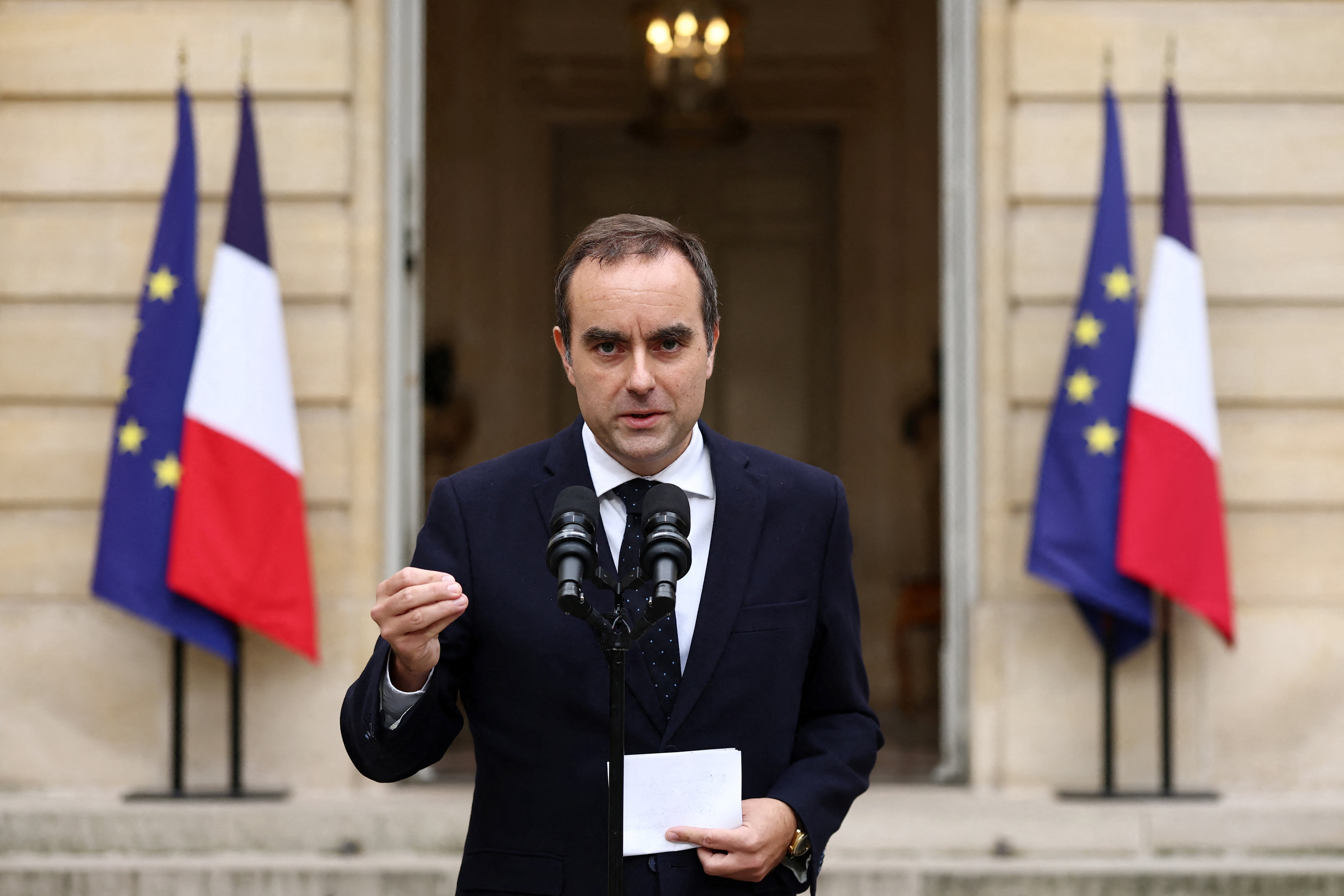Sébastien Lecornu Resigns as Prime Minister Amidst Political Turmoil and Party Tensions
Sébastien Lecornu resigns as French Prime Minister amid deep political crisis, party tensions, and strategic realignments ahead of 2027 elections.
- • Lecornu resigned stating 'conditions were no longer met' to stay as Prime Minister; Macron accepted resignation promptly.
- • The government lasted just over twelve hours, marking the shortest in the Fifth Republic’s history.
- • Socialist Party reacted with consternation, quickly revising strategy and abandoning initial censure plans.
- • Lecornu criticized partisan ambitions and proposed a financial asset tax as an alternative to leftist tax proposals.
- • Political analysts describe France’s current political situation as 'baroque' with rigid party stances obstructing compromise.
Key details
On October 6, 2025, Sébastien Lecornu formally resigned as France's Prime Minister, citing that "the conditions were no longer met" for him to continue his role. His resignation came shortly after President Emmanuel Macron accepted it, following an unprecedented political crisis marked by the shortest government in the history of the Fifth Republic, lasting just over twelve hours. Lecornu criticized the resurgence of partisan interests fueled by the approaching presidential election, emphasizing the necessity of prioritizing the country over party agendas, and indirectly referencing Bruno Retailleau, president of the Republicans, who contributed to Lecornu's downfall by questioning their party's participation in the government (ID 89007).
The resignation took place amid a fallout over the new government’s composition, primarily made up of Macronist ministers, which deeply unsettled the Socialist Party (PS). Olivier Faure, PS leader, expressed “consternation” over Lecornu’s resignation and the government configuration, prompting the party to quickly reconsider its strategy. Boris Vallaud organized a virtual meeting to recalibrate the socialists' response, including abandoning their initial plans for censure due to the absence of a functioning government (ID 89018).
Meanwhile, Lecornu’s political positions continued to stir debate. He proposed a "tax on financial assets" as an alternative to the left’s controversial Zucman tax, which he argued was detrimental to economic growth and job creation, condemning certain tax optimizations by the wealthy as indefensible. His stance drew criticism, including from Jordan Bardella of the Rassemblement National, who threatened a motion of censure against Lecornu’s government (ID 88951).
The broader political landscape remains volatile and characterized by entrenched party positions. Analysts describe the situation in France as “baroque,” where cross-party collaboration is hindered by rigid adherence to ideological programs rather than compromise. The socialists are inclined to negotiate only under conditions aligned with their agenda, particularly favoring a suspension (rather than withdrawal) of pension reforms, further complicating dialogue with a center-right government unwilling to pursue leftist policies (ID 88993).
As France navigates this political uncertainty, questions arise about who will govern during the interim period and how parties might reconcile divergent strategies ahead of the 2027 presidential election. The crisis highlights a deeply fragmented political environment marked by strategic recalibrations and an ongoing contest over France’s future direction.
This article was translated and synthesized from French sources, providing English-speaking readers with local perspectives.
Source articles (5)
Source comparison
Date of resignation
Sources report different dates for Lecornu's resignation: October 3 vs October 6
lemonde.fr
"On October 3, 2025, Olivier Faure expressed his shock after Prime Minister Sébastien Lecornu submitted his resignation."
lefigaro.fr
"Lecornu justified his resignation on Monday morning."
Why this matters: The discrepancy in the date of resignation is significant as it affects the timeline of events and the context surrounding Lecornu's departure. Understanding when the resignation occurred is crucial for readers to grasp the sequence of political developments and reactions that followed.
Latest news
2026 Municipal Elections in Poitiers and Montpellier Highlight Political Divisions and Family-Focused Campaigns
Philosophers and Politicians Sound Alarm on Rising Political Violence Amidst Memorable Lyon March
PSG’s Achraf Hakimi Sent to Trial Over 2023 Rape Allegations
Study Reveals Severe Financial and Housing Hardships Among French Students
Political Shifts and Calls for Reason Mark the Lead-up to 2026 French Municipal Elections
Seminar Evaluates Economic and Legal Impact of Ruptures Conventionnelles on French Employment
The top news stories in France
Delivered straight to your inbox each morning.


